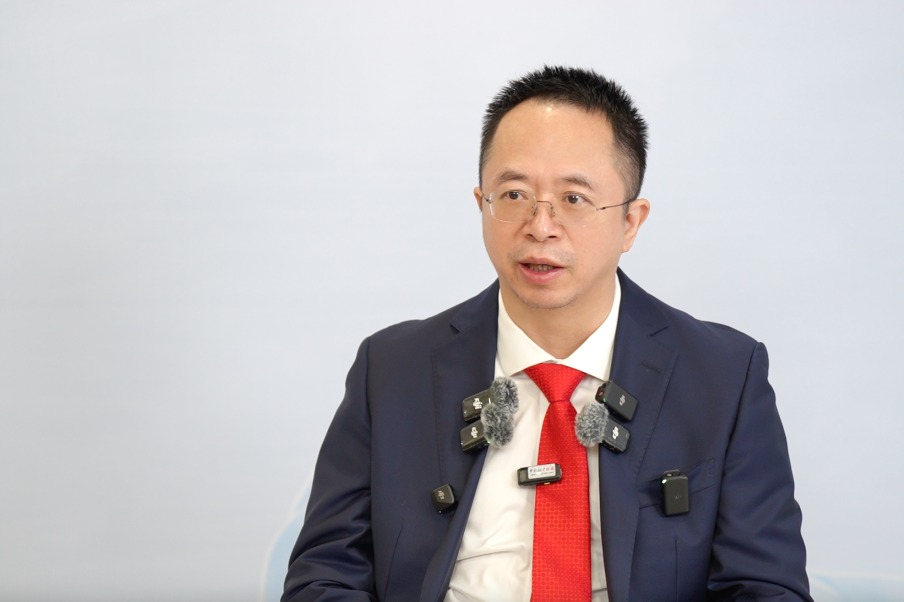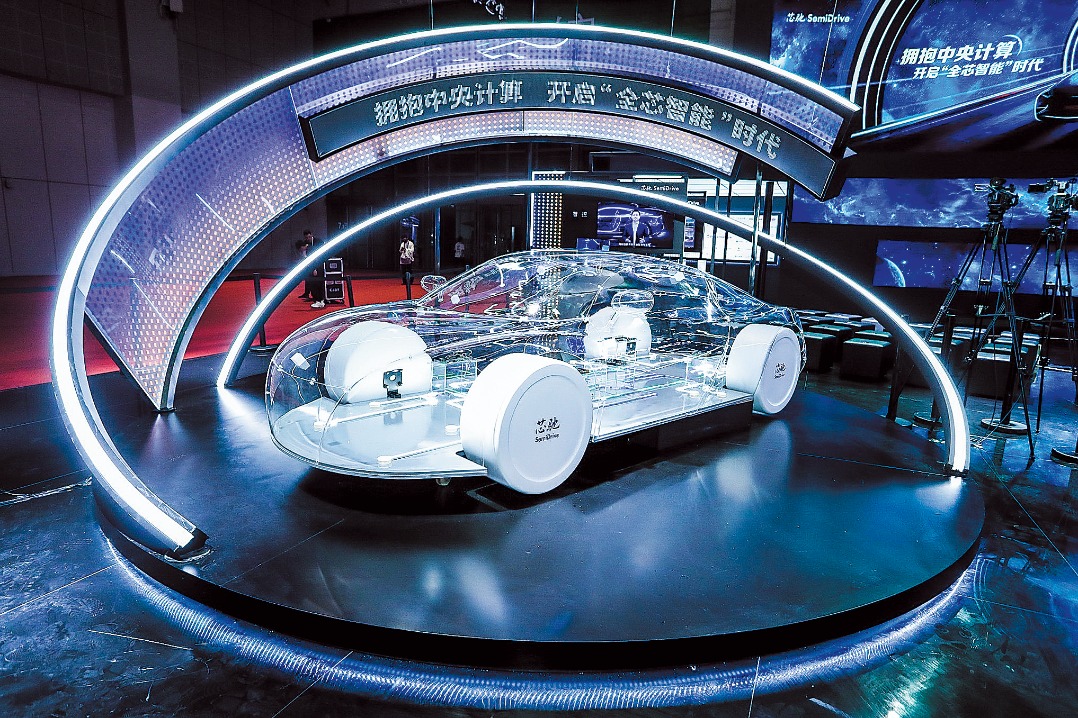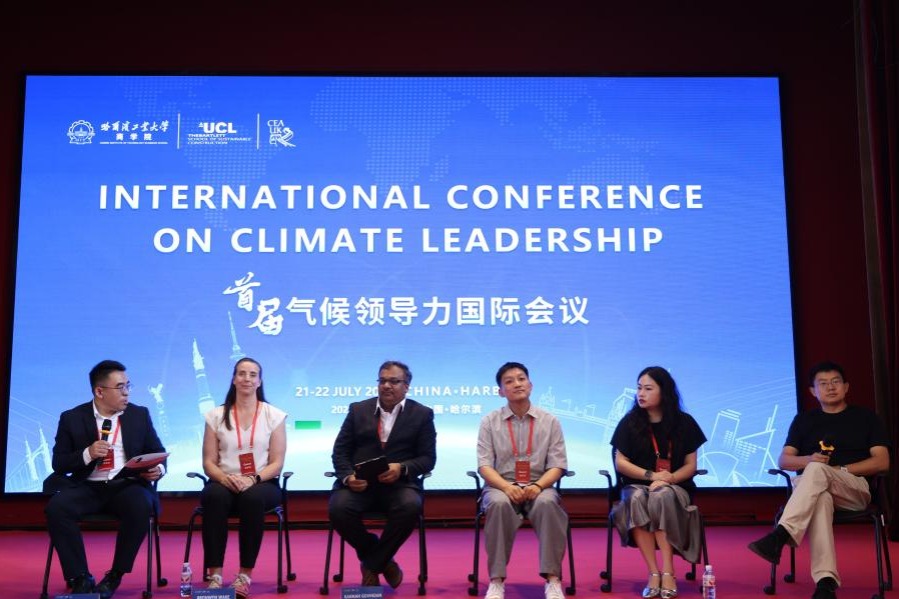A footnote of country's catch-up in science and tech

Two Chinese scientists — Li Chunlai, deputy chief designer for China's Chang'e 6 mission, and Xu Huji, a physician at the Naval Medical University — have been included on Nature's annual list of 10 people "who have shaped science".
The Chang'e 6 mission has not only set a precedent by being the first to collect samples from the far side of the moon, but also for landing on the moon's South Pole-Aitken basin. And Xu is the first physician to apply the "revolutionary therapy" of using allogeneic universal CAR-T to treat immune system disorders, for which Nature hailed him as "the daring doctor behind a world-first treatment for autoimmune disease".
Behind Li and Xu's achievements is the progress of China's scientific research sector.
The two scientists' achievements also demonstrate China's open attitude. Chang'e 6 carries four foreign payloads from France, the European Space Agency, Italy and Pakistan, while the medicine and therapy developed by Xu and his team will benefit hundreds of millions of autoimmune patients worldwide.
Today's Top News
- Xi receives credentials of new ambassadors to China
- Medical insurance covers 95% citizens
- Great opportunities mark 50th anniversary
- EU called on to make right choices
- Xi extends condolences to Putin over plane crash
- Loan data points to stabilizing realty sector






























